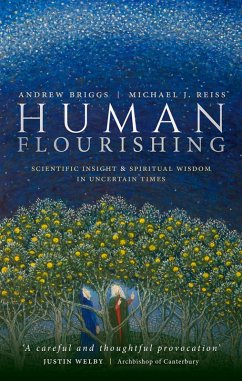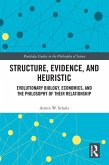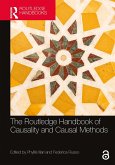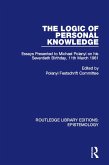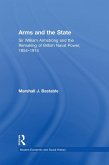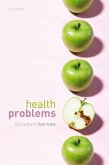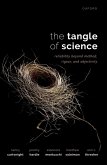'A careful and thoughtful provocation' (Justin Welby, Archbishop of Canterbury)
Ambitiously placed at the intersection of scientific insights and spiritual wisdom, Human Flourishing prompts us to reflect on what constitutes a good life and the choices that can help achieve it. For thousands of years, humans have asked 'Why we are here?' and 'What makes for a good life?' At different times, different answers have held sway. Nowadays, there are more answers proposed than ever. Much of humanity still finds the ultimate answers to such questions in religion. But in countries across the globe, secular views are widely held. In any event, whether religious or secular, individuals, communities and governments still have to make decisions about what people get from life. This book therefore examines what is meant by human flourishing and see what it has to offer for those seeking after truth, meaning and purpose. This is a book written for anyone who wants a future for themselves, their children, and their fellow humans - a future that enables flourishing, pays due consideration to issues of truth and helps us find meaning and purpose in our lives. At a time when most of us are bombarded with messages about what we should or should not do to live healthily, attain a work-life balance and find meaning, a careful consideration of the contributions of both scientific insight and spiritual wisdom provides a new angle. This is therefore a book that not only helps readers clarify their views and see things afresh but also help them improve their own well-being in an age of AI and other new technologies.
Dieser Download kann aus rechtlichen Gründen nur mit Rechnungsadresse in A, B, BG, CY, CZ, D, DK, EW, E, FIN, F, GR, HR, H, IRL, I, LT, L, LR, M, NL, PL, P, R, S, SLO, SK ausgeliefert werden.

